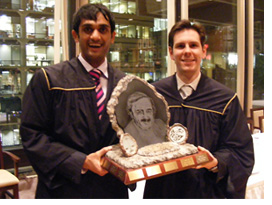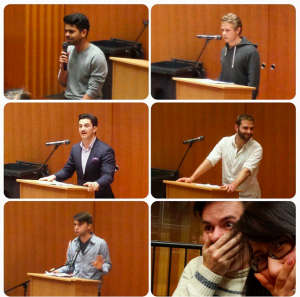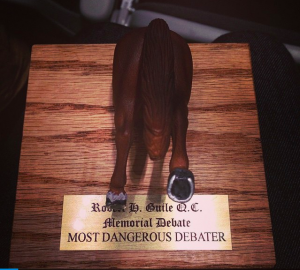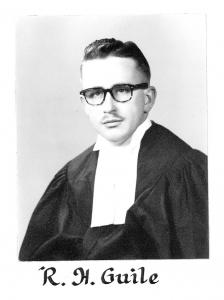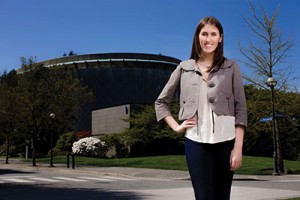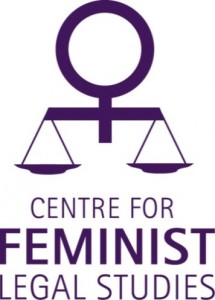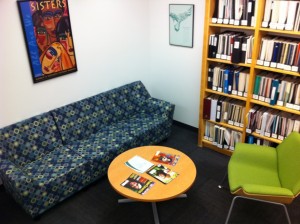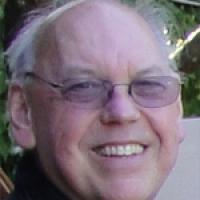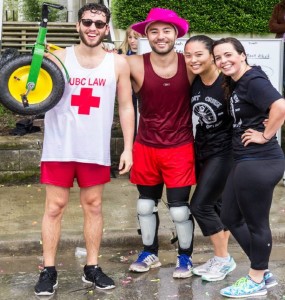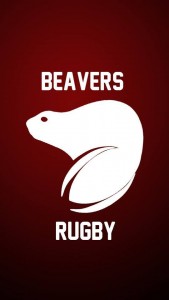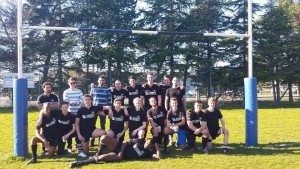Welcome to the Allard School of Law and the beginning of an exciting three years! We hope you’ll enjoy the stimulating environment and great company as much as we have. There are a lot of opportunities to get involved in the Allard community and to supplement what you’ll be learning in your classes, and all of them will add to your experience. If you’re interested in family law or writing and editing, we hope you’ll consider joining the Canadian Journal of Family Law.
The CJFL is a biannual interdisciplinary journal that publishes English and French academic articles on a broad range of family law issues. It is a peer-reviewed journal and is edited by the student staff at Allard Law. It was the first family law journal in Canada, and the first volume was published in 1978 at Osgoode Hall. In 1982, the CJFL moved to UBC and has been here ever since.
As a 1L student, you can get involved by volunteering to edit, cite-check, and format submissions. You will be instructed in correct citation and style and work with the Senior and Associate Editors to ready the articles for submission. This is a great way to develop your legal research and writing skills before you have to write your first assignment. It’s also a great way to familiarize yourself with the current areas of debate and reform in the field of family law. There is no family law in first year, so if you think you might be interested in this field, getting involved in the CJFL will give you a head start.
Volunteer editors will be asked to edit or cite-check a maximum of two submissions a term. Each one should take less than a day to do and you will be given a week or two to complete them. If you are interested in becoming more involved, there are also opportunities to help with the management and publication of the Journal. The CJFL also has paid and credit positions that you can apply for at the end of 1L.
If you are interested in learning more about the Journal or getting involved, check out our website at faculty.law.ubc.ca/cdnjfl or email us at cdnjfl@interchange.ubc.ca.
Good luck and we look forward to meeting you!
Zoe Suche – Senior Editor
Sania Ahmed – Business Manager
Miryam Burns – Associate Editor

 Follow
Follow

